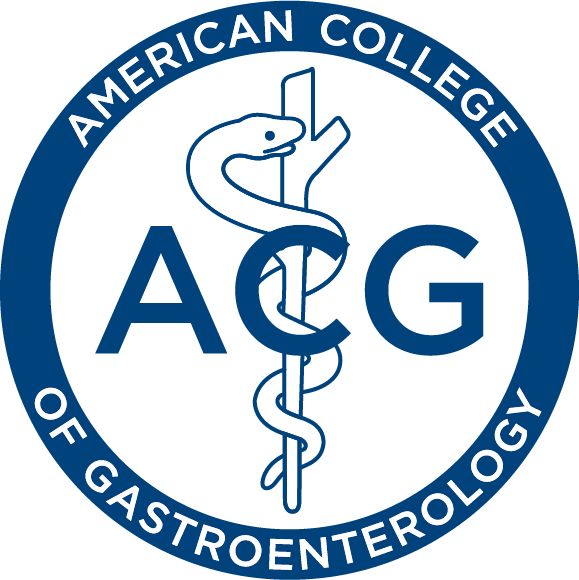Newswise — The April issue of The American Journal of Gastroenterology includes two new guidelines—an update to the 2016 guidelines on Barrett’s Esophagus and a joint society guideline on the management of antithrombotics during GI bleeding and the periendoscopic period. This issue also includes articles on acute-on-chronic liver failure, H. pylori, Crohn’s disease, pediatrics, colorectal cancer, irritable bowel syndrome, and more.
Several articles are highlighted below and access to any articles from this issue, or past issues, is available upon request. The College is also able to connect members of the press with study authors or outside experts who can comment on the articles.
Diagnosis and Management of Barrett's Esophagus: An Updated ACG Guideline
Shaheen, et al.
In this update to the 2016 ACG Guideline, the authors note important changes, including broadening of acceptable screening modalities to include nonendoscopic methods, liberalized intervals for surveillance of short-segment BE, and volume criteria for endoscopic therapy centers for BE.
American College of Gastroenterology-Canadian Association of Gastroenterology Clinical Practice Guideline: Management of Anticoagulants and Antiplatelets During Acute Gastrointestinal Bleeding and the Periendoscopic Period
Abraham, et al.
In this new joint guideline from the American College of Gastroenterology and the Canadian Association of Gastroenterology, the authors propose evidence-based recommendations for the periendoscopic management of anticoagulant and antiplatelet drugs during acute GI bleeding and the elective endoscopic period. An international, multi-society, and multidisciplinary working group addressed clinical questions related to temporary interruption of anticoagulant and antiplatelet drugs, reversal of anticoagulant and antiplatelet drugs, periprocedural heparin bridging, and postprocedural resumption of anticoagulant and antiplatelet drugs.
Antimicrobial Susceptibility Testing for Helicobacter pylori is Now Widely Available: When, How, Why
David Y. Graham, MD, MACG & Steven F. Moss, MD, FACG
In this Red Section article, the authors discuss the availability and use of antimicrobial susceptibility testing to improve H. pylori eradication rates and avoid antibiotic misuse.
Visual Abstract Available Here:
https://lww.com/_layouts/15/oaks.journals/ImageView.aspx?k=ajg:2022:04000:00003&i=ga&year=2022&issue=04000&article=00003
About the American College of Gastroenterology
Founded in 1932, the American College of Gastroenterology (ACG) is an organization with an international membership of over 17,000 individuals from 86 countries. The College’s vision is to be the preeminent professional organization that champions the prevention, diagnosis, and treatment of digestive disorders, serving as a beacon to guide the delivery of the highest quality, compassionate, and evidence-based patient care. The mission of the College is to enhance the ability of our members to provide world class care to patients with digestive disorders and advance the profession through excellence and innovation based upon the pillars of Patient Care, Education, Scientific Investigation, Advocacy and Practice Management. www.gi.org
###

